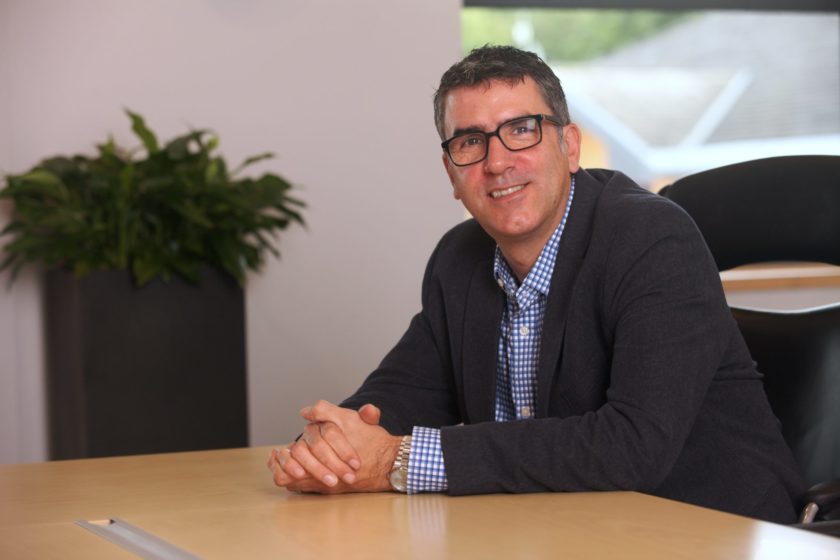In order to increase the number of new joiners, financial planning firms cannot be focussed on graduates, they must embrace those who prefer to take other routes into the profession, says Colin Lawson, founder of Equilibrium.
These days, university is often seen as the only route to a good career and high paying job. ‘Relevant degree’ can be found on almost any corporate job’s list of requirements, to the point that many find themselves doing a degree for the sake of doing one, with no real added value to their future career.
This approach doesn’t take into account that there are many different types of learners. Some people don’t want to stay in academia after school – that doesn’t mean to say they aren’t intelligent, hard-working and ambitious, it just means that they aren’t suited to an academic environment and would prefer to learn on the job.
Personally, I left school at 16 with one exam pass which, as it happens, was in business studies. After being rejected by the RAF for having mild asthma, I went straight into the world of work. I didn’t need a degree to get into financial services or to start my business, and I’ve since passed every exam I’ve sat. All I needed was ambition and the confidence to believe that I could succeed and make people’s lives better. In fact, none of the equity partners at Equilibrium went to university.
That’s not to discredit degrees at all, or any other type of qualifications. The knowledge gained from studying for and achieving accredited qualifications is undeniable, and, in financial services, there is a huge amount of technical knowledge required. At Equilibrium, we actively encourage continuing professional development and fund our employees to study all the way up to Chartered Fellowship if that’s what they wish to do.
But, when it comes to taking somebody onboard, we absolutely do not stipulate how many letters they should have after their name. We are far more interested in their attitude, ambition to develop and their commitment to develop the knowledge required.
Skills valued by employers
As employers, these are important factors that should be considered rather than ruling out candidates who haven’t attended university. If an individual is willing to learn, they can study for any necessary qualifications alongside their role (obviously in more senior roles this is not the case and we would require certain criteria to be met).
Particularly in the financial services industry, softer skills such as communication, client service, empathy etc are just as important as the technical knowledge. Entrusting your money to somebody else is, understandably, an emotionally difficult thing to do, and therefore it’s extremely important that clients trust our team and feel supported by us. This emotional intelligence is not a skill that can easily be taught, but one that can be enhanced throughout life by dealing with different situations and learning more about our fellow human beings.
A university degree shows an excellent understanding of a field, but real-life experience nurtures these softer skills that are essential to a role in financial services.
Changing approach
We created the Equilibrium Diploma Academy with this in mind. Originally, we ran the academy as a graduate programme, but we later realised that this contradicted our approach to recruiting, and we therefore opened the programme up. We now take on candidates of any age, experience and background and pay for and support them to achieve their Diploma in Paraplanning. Whether it is somebody who has just left school or somebody more experienced who simply wants a change of role, we hire for attitude and train for knowledge.
And it clearly works. Our business has thrived from choosing our employees based on their enthusiasm rather than the letters after their name, and our high staff retention rate demonstrates that this approach is beneficial both ways. For three consecutive years we have featured in the top 10 of the Sunday Times Best Small Companies to work for and we are always on the lookout for talented individuals.
Ultimately, someone with a great attitude can easily be taught, but someone with a degree and a bad attitude is much more difficult to work with.


























